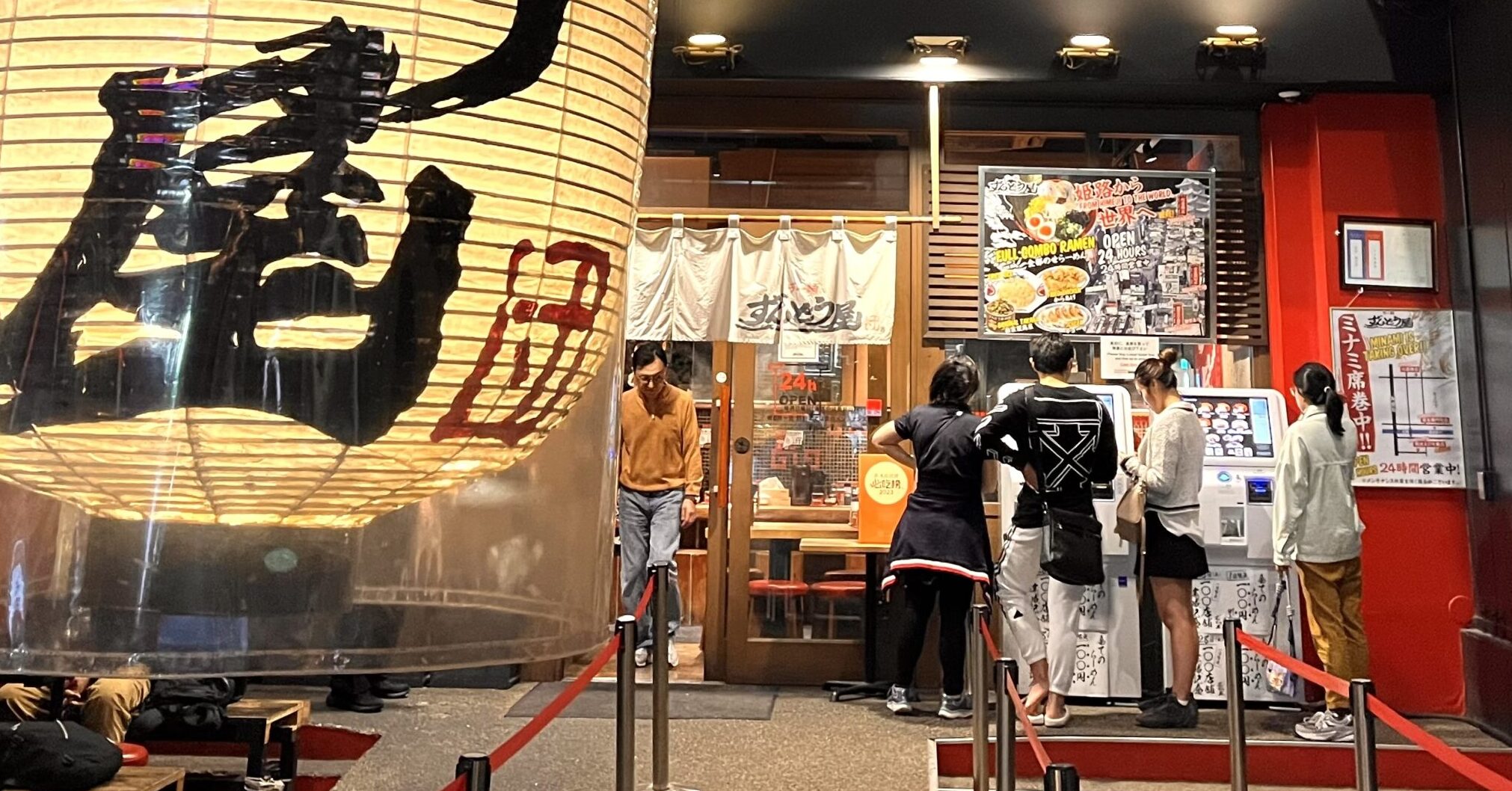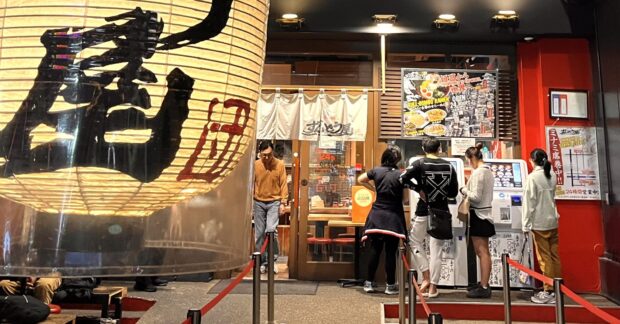In Theology class way back in college, our Jesuit professor introduced an unusual idea which dropped like a bomb on our young minds.
Christians, and Catholics in particular, had always been taught that the Second Person of the Holy Trinity became Man as Jesus Christ and had to die on the Cross to redeem mankind from sin and its consequences. But our teacher told us that if God had chosen to, the simple fact of Christ becoming Man, sharing our human nature, would have been enough to atone for mankind’s sins and bring it back to grace in the eyes of God.
This meant that when Christ was born in a manger on Christmas Day, His very experience of human birth alone (not to mention His later human life experiences) would have been sufficient to redeem us. We would then be observing the season of Advent without the season of Lent, and Christmas would have been the culmination of mankind’s road to salvation.
Extreme choice
But God’s divine plan called for much more. To show His infinite love for humanity, His only begotten Son was to make the ultimate sacrifice by dying for us on the Cross. For His part, Jesus Himself said, “Greater love has no one than this, that he lay down his life for his friends.” (John 15:13)
This new insight on the potential role of the Nativity in relation to the extreme choice that was the Crucifixion impressed me so much that I wrote a poem entitled “Death to Redeem,” which came out in our college literary magazine. Here are the relevant excerpts from the poem:
“Father, I hear infant’s crying from yon shepherds’ hill. / Go then, and fetch a cup for the tears to fill. / For each breaking tear can wash sand back to gold. / Each tear can water dust into the loam old.” / “Why then does death alight on your barren mound? / Why do blood and water trickle to the ground?” / “Fathom not, my son, a Father’s ways. / Love asks not the ransom when it pays.”
Through the years this insight has remained with me. Christ’s birth was only the beginning, and every succeeding moment of His life on earth would have sufficed to free us from our bondage to sin. But He chose to show us that there was no greater love than His love for every person who would ever live.
Increasing awareness
With this perspective, our yearly celebration of Christ’s birth should reflect our increasing awareness of being members of one human family that Christ chose to be a part of. Our own lives should be an affirmation of the love Christ manifested for humanity throughout His life. We should keep doing our share in the redemptive process by uplifting the human condition through the corporal and spiritual works we have been taught early in life.
This growth in love has surely manifested in our own immediate family. When we were children, we only looked forward to the presents we would receive at Christmas. As we grew older, we began to save to be able to buy simple gifts for our family members. When we became adults, we expanded our generosity to relatives, friends—and to the nameless less fortunate in our society.
Today in our more senior years, we hardly think of the Christmas gifts we will receive, but the gifts we will give our children and their spouses, our grandchildren, close family friends—and most specially the people who serve us throughout the year.
At our age, the only thing we really expect at Christmas is the show of love from our family. As a friend put it, Christmas becomes meaningful “when your family have their own lives yet still treasure you.”
Our love for others—for our own family and for our larger human family—manifests itself dramatically every Christmas, just as Christ’s love first manifested itself as a small baby born on the first Christmas, growing into a Man who would ultimately lay down His life for His friends—all of humanity.
A blessed Christmas and a generous New Year to everyone! —CONTRIBUTED












































